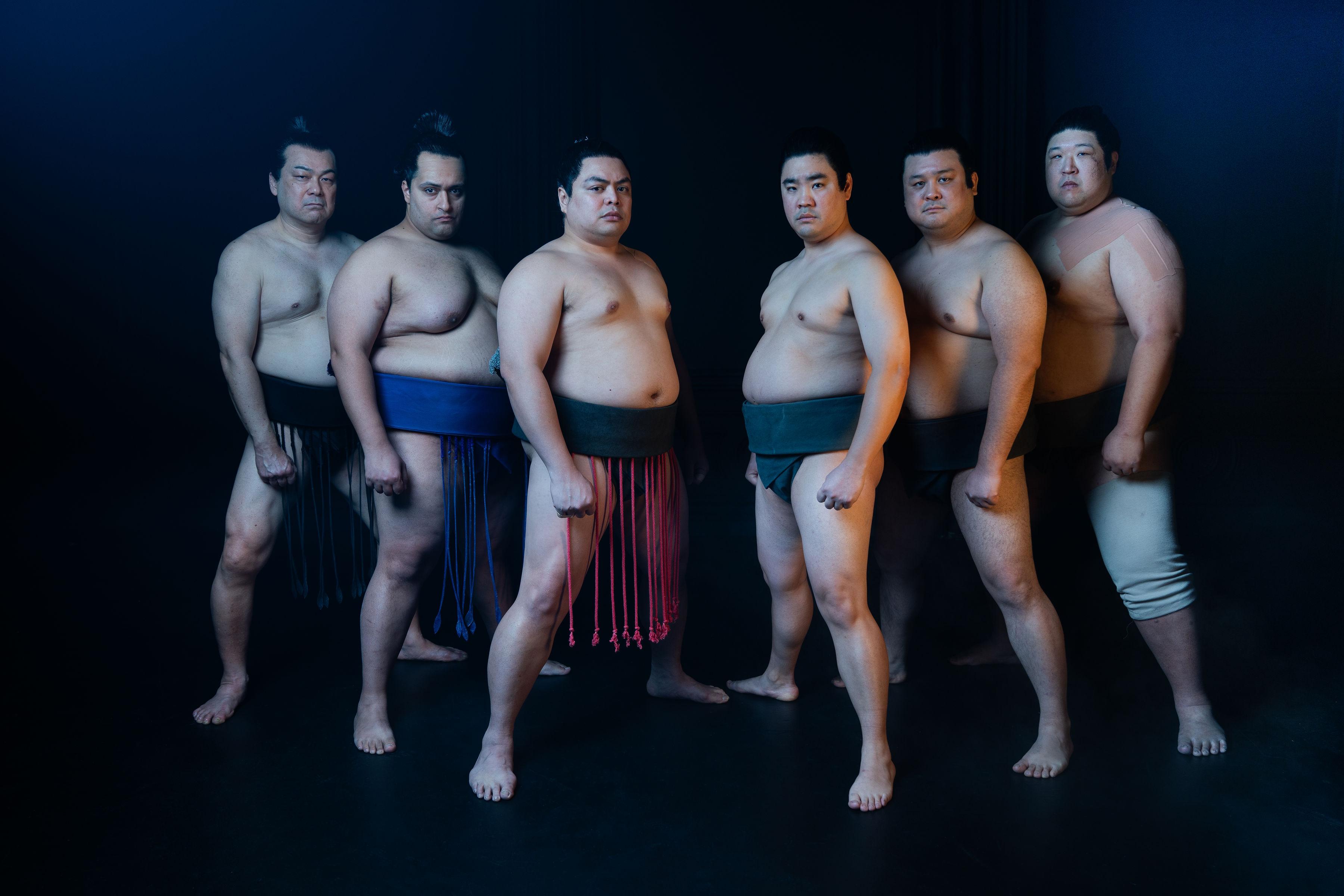MANILA, July 28 (PNA) — Prudence dictates that non-Muslim Filipino educators should leave alone Filipino Muslims and Muslim teachers decide when and where to unveil or expose their hair and face.
For the Muslims all over the world, the burqa or head-to-toe garment worn by Islamic women, is not only religious but cultural and political standard as well.
For the conservative Islamic women, wearing of the burqa or veiling of hair and face, is not just an expression of political freedom but freedom from unwanted sexual advances and pride in Islam.
But for the Westernized or modern Middle East nations unveiling is their right and the veil is a symbol of suppression.
This is a sensitive subject — and non-Muslim educators in public and private schools– need not join this Islamic issue.
In the 7th Century when Islam spread across the Arab countries, the new religion changed the position of women in the Arab society.
Before his death, Muhammad, founder and prophet of Islam, decreed the liberation of Arab women.
He prohibited the Arabian practice of female infanticide when infant girls were buried alive.
Muhammad made the education of girls a sacred duty and gave women the right to own and inherit property.
He also believed and decreed that sexual satisfaction was a woman’s right.
But Muhammad’s Koran did not regard women equal to men: men are entitled to four wives or more but women to only one husband; the value of women’s testimony in court is worth half that of men’s.
Interviewed in a Government radio station, the oldest Imam (Islam clerics) in the Quiapo (Manila) mosque, said he has had at least a dozen wives and the youngest is 24 years old.
The octogenarian Imam, like all Muslim men, can marry a girl of 14 years.
Patriarchal tradition is losing support in many Middle East countries. Muslim women have been appointed to high government positions, including the government cabinet.
Modernization of Muslim women began in Turkey before World War I. When Mustaffa Kamal Ataturk defeated the Ottoman Empire to become Turkey’s leader, he began the modernization or Westernization of Turkey.
He unveiled Turkish women and prohibited the fez, a cone-shaped cap worn by Muslim men and made popular by the late Indonesian President Sukarno.
Ataturk closed Muslim schools and established a public school system after that of Britain and the United States of America.
Finding majority of the Turkish population illiterate, Ataturk adopted the Latin alphabet where the English alphabet is patterned.
He rejected the Sharia Muslim law and established a new Code of Civil Laws.
On the other hand, the victory of the Taliban in 1996 and it’s joining of forces with the Muslim Fundamentalists, including the Al Qaeda led by Osama bin Laden, boosted the restoration of the Ottoman’s First Principle.
The Taliban declared that “complete Islamic system will be restored.”
The Taliban banned girls from schools and ordered women to leave offices and hospitals.
Men ordered to grow a beard within month’s time.
Everybody had to pray five times a day. Taxi drivers had to pull up at mosques to pray five times daily. Disorder was left by the Taliban upon exit and fall of bin Laden.
Shouldn’t non-Muslims need leave alone the purely Muslim issues?
(PNA)
DSP/JV/PJN
Back To Top





